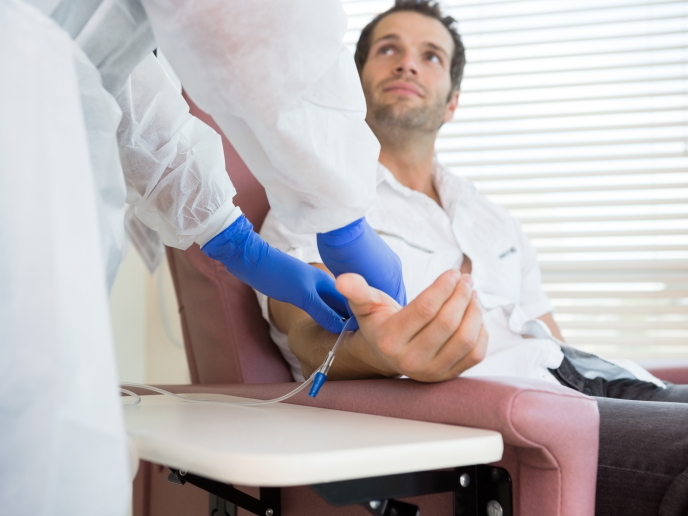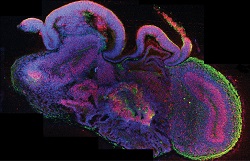Pan-European study on RSV infection fuels future research and surveillance
Worldwide, RSV is associated with 34 million cases of acute respiratory tract infection (ARI) annually, over 3 million hospitalisations and more than 50 000 deaths in children below the age of 5 years. The resulting pressure to better document and understand the healthcare and economic impact of RSV will define the best practice and standard operating procedures for RSV surveillance in Europe.
Integrating research efforts across academia and industry
The EU and industry-funded RESCEU(opens in new window) project has brought together academia, national public health agencies and the European Federation of Pharmaceutical Industries and Associations (EFPIA), all with experts in RSV. “RESCEU’s vision is to integrate and exploit existing knowledge and data to provide greater insight into the impact of RSV on European societies and actively engage stakeholders to improve strategic planning on therapy and immunisation,″ explains project manager Eva Molero. EFPIA participants have a strong track record in RSV research towards the development of lead candidates for treatment and vaccination. RESCEU activities include literature reviews, analysis of existing data, model development, clinical studies and biomarker development.
RSV-ARI epidemiology
Case control studies investigating the viral profile of older adults with and those without ARI showed that RSV is an important cause of ARI in older adults. The RSV disease burden study showed that in 2015 there were about 1.5 million episodes of RSV-ARI in older adults in industrialised countries with approximately 15 % of those being admitted to hospitals. There were over 300 000 hospital admissions for RSV-ARI in older adults globally and about 14 000 in-hospital deaths. With respect to early childhood RSV-ALRI, results show a significant association with childhood recurrent wheezing and, in certain cases, with asthma development. Ongoing studies in infants and children aim to determine the incidence of RSV hospitalisation in term-born infants, and identify biomarkers that can predict severity of RSV disease.
Biomarker identification
RESCEU partners have performed systematic literature reviews to identify potential biomarkers of RSV disease severity and resulting medical conditions in children as well as disease severity in adults. Significant effort is also being devoted towards the identification of biomarkers in animal models of infection that may be translatable to humans. An ongoing case-control study is assessing a variety of biomarkers including transcriptomics, metabolomics, genomics, proteomics, serology and the microbiome in various biological samples from infants. Preliminary data analysis has investigated host and viral gene expression, host DNA methylation and RSV phylogenetics. Partners have also developed a high-throughput multiplex immunoassay(opens in new window) for the simultaneous quantification of specific antibodies to five RSV proteins. This tool will be central for the characterisation of RSV serotype prevalence in the general population and its association with RSV disease at different ages.
RESCEU impact
RESCEU will combine data on clinical outcome, healthcare provision and quality of life to provide fundamental insight into RSV incidence in various age groups. At the same time, it will build on infrastructure for the future development and testing of RSV vaccines and therapeutics. Collectively, the efforts of the RESCEU project will guide strategic planning on RSV surveillance and treatment, contributing to improved health and wellbeing of European citizens. “Disseminating the knowledge generated during RESCEU to stakeholders will raise awareness and promote informed action against RSV infection,″ concludes Molero.





